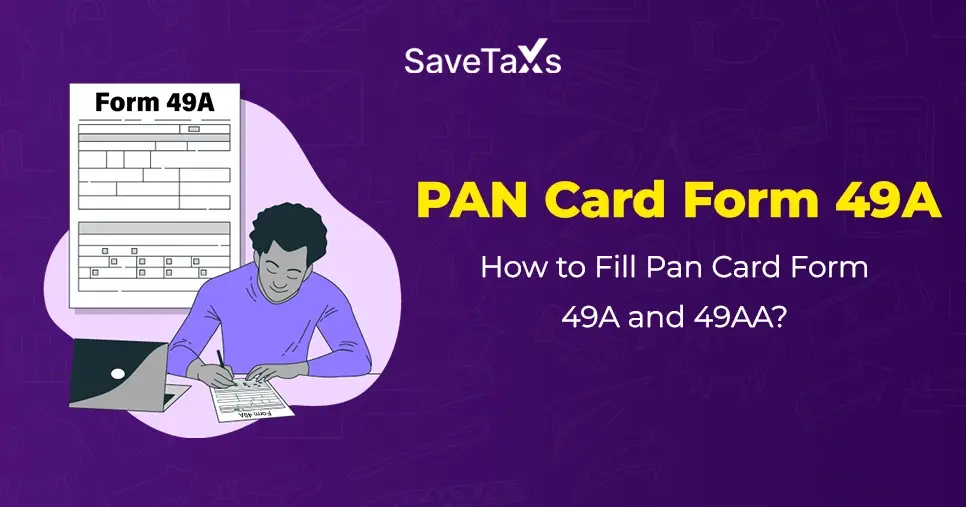
Want to read more?Explore Blogs
No matter what your source of income is, we've got you covered. There’s a plan for everybody!
U.S. citizens, resident aliens, and, in some situations, dual-status taxpayers who have paid or accrued foreign income taxes on foreign-sourced income.
If you don't claim the FTC, you may end up paying taxes twice, once in the foreign country and again in the United States.
You can claim the Foreign Tax Credit by filing Form 1116 along with your U.S. tax return (Form 1040). After that, you need to report the foreign income, taxes paid, and attach proof to lower your U.S. tax liability.
No, the foreign tax credit is non-refundable. It only lowers your U.S. tax due. Any unused credit can be carried back 1 year or carried forward up to 10 years.
Form 1116 is required if you paid over $300 ($600 for married filing jointly) in foreign taxes or have multiple sources of foreign income. For smaller amounts, you can claim without using Form 1116.
Yes, Oman is a tax-free country for Indians, as it does not impose any personal taxes or taxes on wages or income earned by NRIs working in Oman. Meaning the salary income earned in Oman is tax-free for individuals.
No, salary earned in Oman is not taxable in India if you qualify as a non-resident Indian under the indian income tax laws, or the salary is earned and received outside India.
For NRIs
Yes, India and Oman are bound by the Double Taxation Avoidance Agreement (DTAA). The India-Oman DTAA prevents your income from being double-taxed.
India-Oman DTAA:
Yes, NRIs in Oman must file their ITR in India if they have any kind of taxable income in India, such as.
Yes, Oman is considered a favorable destination for Indian professionals to work or live there.
Yes, and an Indian can own a property in Oman, but with some restrictions.